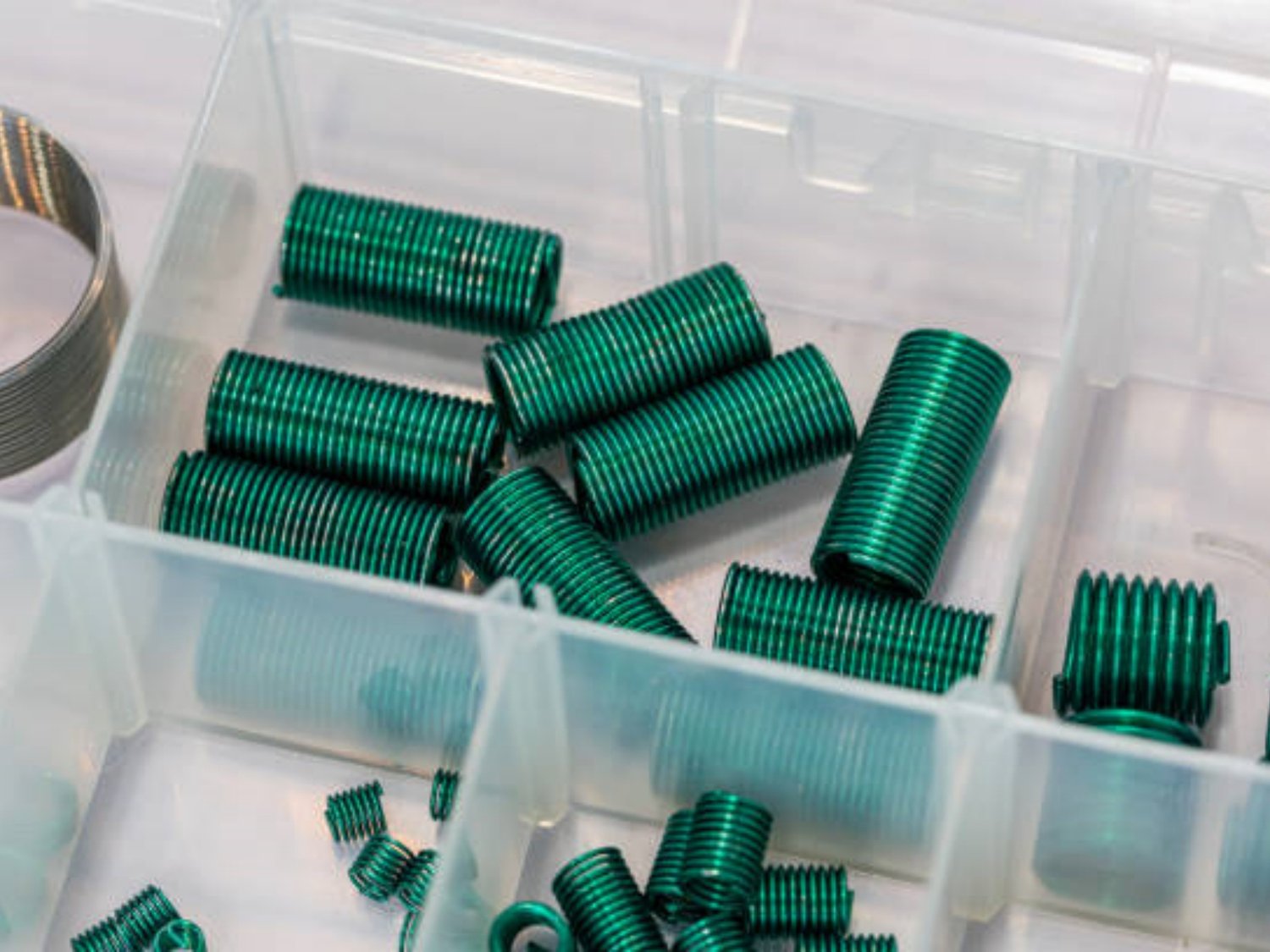What Are stainless steel tension springs?
Stainless steel tension springs are a type of mechanical spring that are specifically designed to absorb and store energy by creating resistance to a pulling force. These springs are commonly used in various industries, including automotive, aerospace, manufacturing, and more. They are known for their durability, strength, and resistance to corrosion, making them a popular choice in demanding applications.
The Composition of Stainless Steel Tension Springs
Stainless steel tension springs are typically made from a specific type of stainless steel known as AISI 302/304 or AISI 316. These alloys are chosen for their excellent corrosion resistance properties and high tensile strength. The composition of these springs also includes a small amount of carbon, as well as other elements such as chromium and nickel, which enhance their performance.
The Benefits of Stainless Steel Tension Springs
There are several advantages to using stainless steel tension springs:
- Corrosion Resistance: Stainless steel tension springs are highly resistant to corrosion, making them suitable for use in harsh environments.
- Strength and Durability: These springs are known for their high tensile strength and durability, allowing them to withstand heavy loads and frequent use.
- Temperature Resistance: Stainless steel tension springs can maintain their performance even at high temperatures, making them suitable for applications where thermal stability is required.
- Wide Range of Sizes and Configurations: These springs are available in various sizes, wire diameters, and configurations, allowing for versatility in design and application.
Applications of Stainless Steel Tension Springs
Stainless steel tension springs find applications in a wide range of industries and products. Some common uses include:
- Automotive Industry: These springs are used in suspension systems, braking systems, and clutch mechanisms.
- Aerospace Industry: Stainless steel tension springs are used in aircraft landing gear, control systems, and engine components.
- Manufacturing Industry: These springs are used in various machinery, equipment, and tools.
- Medical Industry: Stainless steel tension springs are used in medical devices, such as surgical instruments and implantable devices.
Factors to Consider When Choosing Stainless Steel Tension Springs
When selecting stainless steel tension springs for a specific application, it is important to consider the following factors:
- Load Requirements: Determine the maximum load the spring needs to handle to ensure it can withstand the required forces.
- Working Environment: Consider the temperature, humidity, and presence of corrosive substances in the environment to select the appropriate stainless steel alloy.
- Space Constraints: Take into account the available space for the spring to ensure proper fit and functionality.
- Cycle Life: Determine the required number of cycles the spring needs to withstand to ensure its longevity.
Maintaining Stainless Steel Tension Springs
To ensure the optimal performance and longevity of stainless steel tension springs, proper maintenance is essential. Here are some tips:
- Regular Inspection: Periodically inspect the springs for signs of wear, corrosion, or damage.
- Lubrication: Apply a suitable lubricant to reduce friction and prevent corrosion.
- Storage: Store the springs in a clean and dry environment to prevent the accumulation of dirt and moisture.
- Replacement: If a spring shows signs of fatigue or fails to meet the required performance, replace it promptly to avoid potential failures.
Choosing a Reliable Supplier
When sourcing stainless steel tension springs, it is crucial to choose a reliable supplier that can provide high-quality products. Look for a supplier with a proven track record, certifications, and a commitment to customer satisfaction. It is also beneficial to consider suppliers who offer customization options to meet specific requirements.
In Conclusion
Stainless steel tension springs are versatile components that offer strength, durability, and corrosion resistance. Their wide range of applications and benefits make them an ideal choice for various industries. By considering the factors mentioned above and maintaining these springs properly, you can ensure their optimal performance and longevity.

